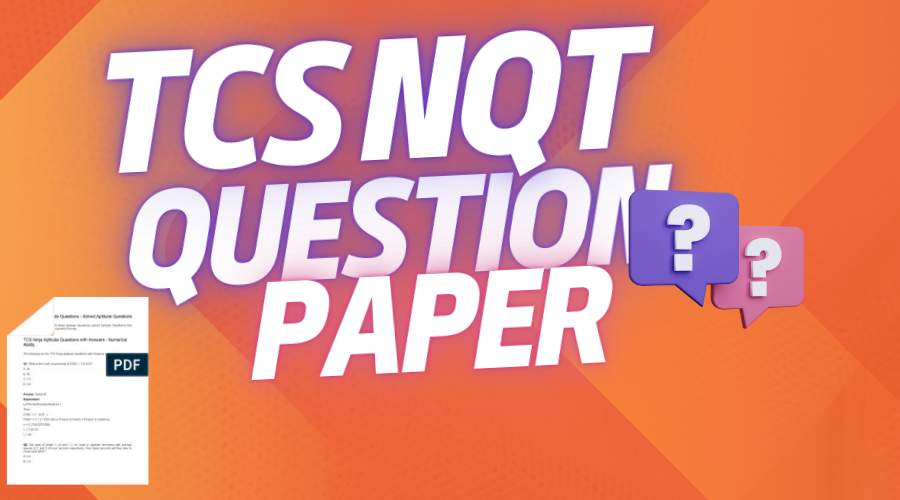
You will go through several rounds of interviews as a software engineer, each of which will test a different aspect of your skill set. There will be technical examinations, general interview questions, and hands-on exercises. You’ll be able to successfully respond to software engineer interview questions if you have a solid understanding of coding and software engineering fundamentals. We’ll discuss:
Top 10 Technical Software Engineer Interview Questions
Table of Contents
1. Describe the software development process.
The lifespan of software development divides the process into distinct steps, such as:
- Identifying the expectations, needs, and requirements of the client. The group plans its work, allots resources, and strategizes.
- Design: Outlining the software’s functionality through the design of its algorithms and high-level architecture.
- Construction/Development: The actual coding that creates the software.
- Software must be tested to make sure it functions as intended.
- Installing the software and making it accessible to the client and users is known as deployment.
- Updating and bug-fixing the programme on a regular basis to make sure it keeps functioning as planned.
2. What is agile software development?
Agile technique is used by 86% of software developers, to be exact. Agile, commonly known as the agile methodology, is a collaborative, incremental method. Agile is a methodology that emphasises providing work continually as opposed to waiting to provide a single large product. Teams may enhance the software as it is produced because to the way this process operates, giving it a more effective delivery method.
Since agile methodology and workflow are an essential component of many modern software engineer roles, hiring managers may expect you to comprehend them even if you don’t have expertise in this type of workplace.
3. Explain the difference between verification and validation.
Both verification and validation aim to make sure that your software performs as required, although they concentrate on other facets of the software. Validation ensures the complete software functions as the client desires; verification ensures a specific software feature operates appropriately.
4. Explain the difference between computer programs and computer software.
A computer programme is a piece of written code that completes a given task to produce a particular outcome. Software for computers is a compilation of programmes, manuals, and instructions.
5. What is debugging?
Finding bugs (problems or faults) in your software is the process of debugging. If a user or another team member discovers a defect, you should try to replicate it yourself to figure out when and where the problem is occurring. Once you’ve located the bug’s source in the code, you may correct it and test it again to make sure your change didn’t introduce any new bugs.
6. What is software re-engineering?
Software re-engineering is a technique for updating software in which engineers can improve the product by changing it or adding new features or capability.
7. What is software scope?
The project’s boundaries are defined by the software scope, which includes all of the software’s capabilities (as well as any restrictions on what it won’t be able to do). The scope of a piece of software can be used to estimate the amount of money, time, and resources required.
8. What are CASE tools?
CASE tools are instruments used in computer-aided software engineering. By storing data and offering practical tools to make the life of a software engineer easier, they increase the efficiency of the software development lifecycle. Examples of CASE tools include coding generators that can assist with autogenerating code and analysis tools that can spot mistakes or inconsistencies in diagrams, reports, or forms.
9. How would you explain API to a non-technical person?
Application programming interface is referred to as API. It serves as a messenger so that two programmes can communicate with one another. If you’re planning a vacation, for instance, you might try using a website that displays all accessible and affordable flights on the dates you want to fly. You may quickly and simply acquire an aggregate list without sifting through all the airline flight information thanks to an API that connects that site to flight information from airlines.
Whenever you use any industry-specific jargon, be sure to explain it to a non-technical person. It might also be useful to give an illustration of how the technical procedure, jargon, or system relates to something they may already be familiar with.
10. General Software Engineer Interview Questions
A member of the hiring team might offer general, more typical interview questions after probing your coding abilities and familiarity with technical software engineering principles. These software engineering interview questions may touch on your professional background, past endeavours, and working methods.











